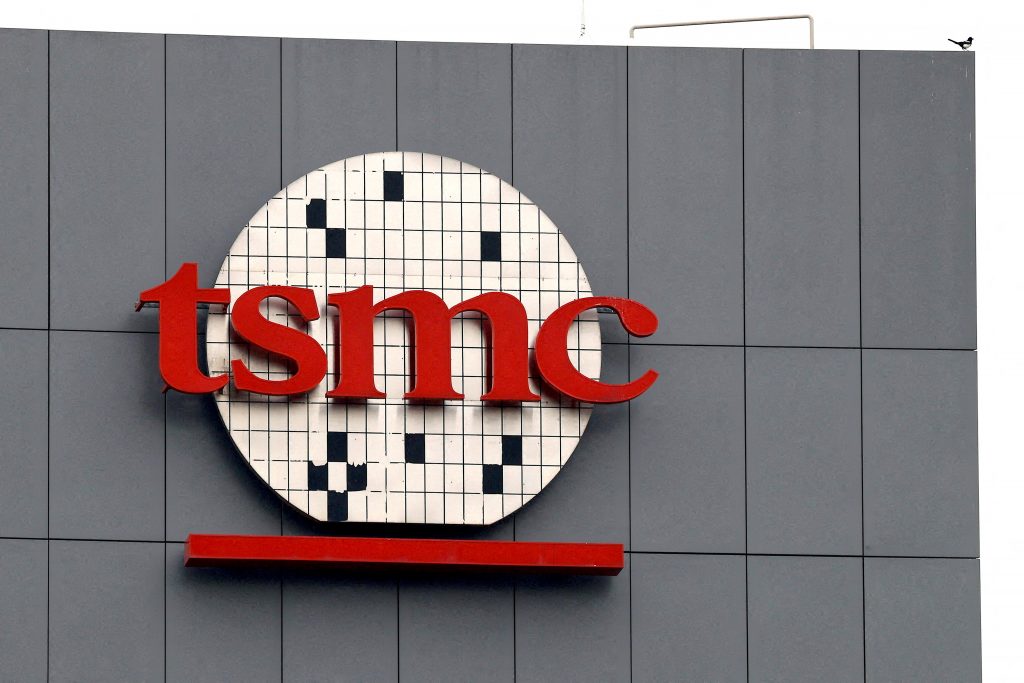
TSMC building. (Image source: REUTERS/Ann Wang)
In a move that is set to strengthen its position in the global semiconductor market, Taiwan Semiconductor Manufacturing Company (TSMC) has announced plans to begin producing 6-nanometer advanced semiconductors in its second Japan plant. This expansion is expected to take place in Kumamoto by the year 2027.
To support this ambitious endeavor, the Japanese government is reportedly considering providing subsidies of up to 900 billion yen ($6 billion). In total, TSMC’s investment in this project is estimated to be around 2 trillion yen.
With the rapid advancements in technology and the increasing demand for high-performance chips, TSMC’s decision to expand its operations in Japan comes as no surprise. As one of the leading chip manufacturers globally, TSMC has consistently pushed the boundaries of innovation, enabling breakthroughs in various industries such as telecommunications, automotive, and consumer electronics.
Japan, renowned for its technological prowess and commitment to excellence, provides an ideal environment for TSMC to enhance its capabilities further. The country’s robust infrastructure, skilled workforce, and strong commitment to research and development make it an attractive destination for tech companies looking to establish a solid foundation.
The production of advanced semiconductors in Japan will not only fuel TSMC’s growth but also contribute to overall development of the tech industry in Asia. By expanding its operations and leveraging Japan’s expertise, TSMC can meet the increasing demand for cutting-edge chips, ensuring a steady supply chain for its global clientele.
Moreover, the Japanese government’s decision to provide substantial subsidies demonstrates its recognition of the strategic importance of the semiconductor industry. As countries around the world strive for technological dominance, investing in semiconductor manufacturing not only strengthens the local economy but also enhances national security by reducing reliance on foreign suppliers.
For TSMC, this move represents a significant milestone in its expansion strategy. By establishing a presence in Japan, the company can tap into new markets, forge partnerships with local businesses, and foster collaboration with Japanese technology firms. This approach allows for knowledge exchange, sharing of best practices, and the acceleration of technological advancements.
As the world becomes increasing interconnected and reliant on advanced technologies, the demand for semiconductors continues to soar. From smartphones and laptops to autonomous vehicles and smart appliances, these tiny chips power the devices that shape our daily lives. The ability to produce cutting-edge semiconductors is not only a competitive advantage for companies like TSMC but also a catalyst for innovation across various industries.
In the end, TSMC’s decision to produce 6-nanometer advanced semiconductors in Japan signifies its commitment to staying at the forefront of the semiconductor industry. With the support of the Japanese government between TSMC and the tech ecosystem in Japan, this expansion is expected to boost the region’s technological capabilities and solidify Asia’s position as a global tech hub. As we look towards the future, this development highlights the importance of collaboration, investment in research and development, and fostering an environment conducive to technological breakthroughs.
Learn more at Channel News Asia, Beamstart, Marketscreener.



























